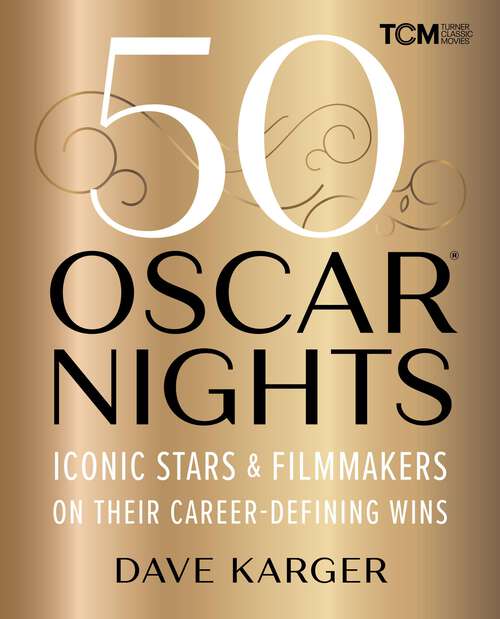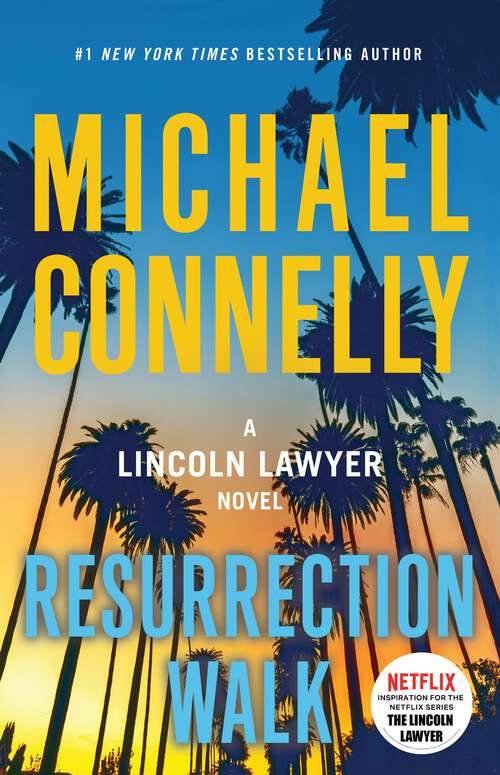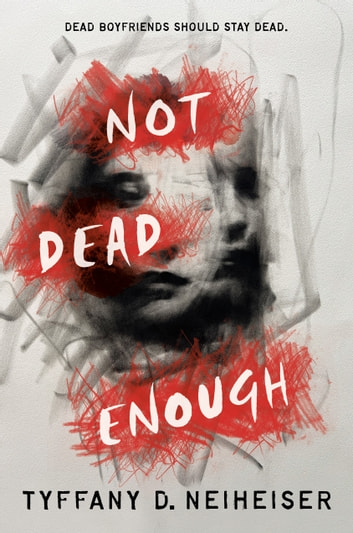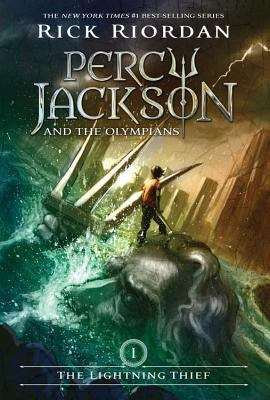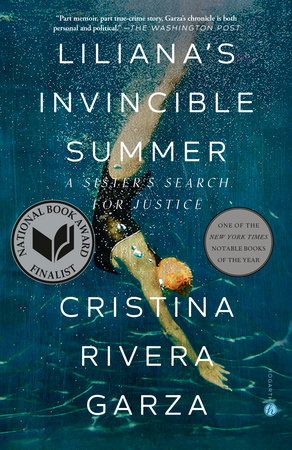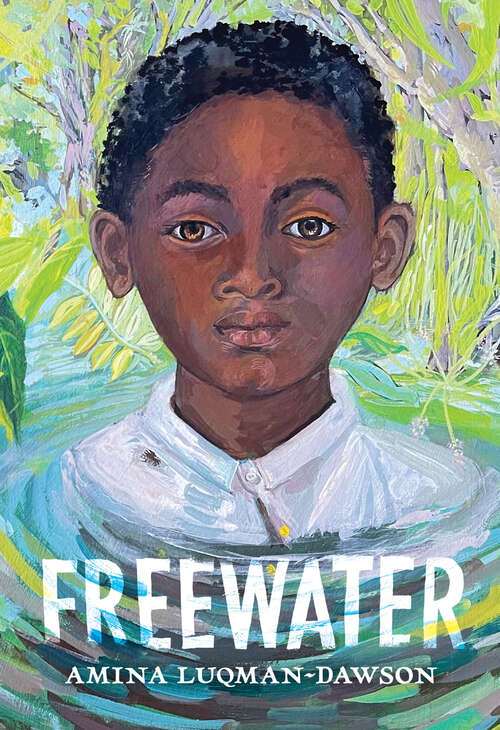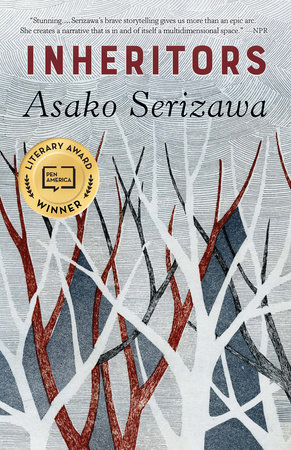Bookshare is heading to NFB!
Visit us at booth D14 at the National Federation of the Blind National Convention.

Read and learn easier
Learn for a lifetime
Explore the world’s biggest
accessible ebook library
New and trending
Check out all of our recently added and popular titles.
Award winning
Explore all of the top critically acclaimed titles.
Our partners
Bookshare® is only possible with the huge support from the US Department of Education and other partners.




Interested in getting involved?
Consider donating or partnering with us.
Join Bookshare and enjoy millions of ebooks
Still have questions?





